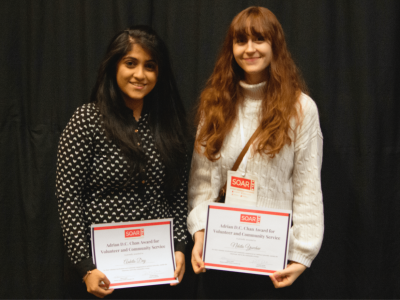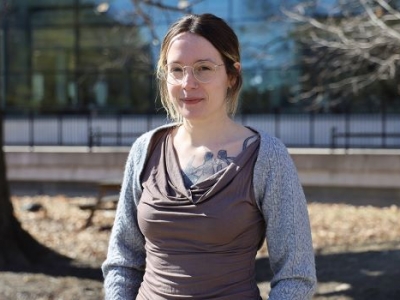 In recent years the ethical aspects of public policy questions have received increased attention. Ranging from the environment, immigration and social inequality to aid, trade and other subjects, questions about the right thing for Canadians to do are of ever greater interest now than ever. But, those who are employed to raise, answer and discuss these questions often have little formal training in handling ethical debates and discussions.
In recent years the ethical aspects of public policy questions have received increased attention. Ranging from the environment, immigration and social inequality to aid, trade and other subjects, questions about the right thing for Canadians to do are of ever greater interest now than ever. But, those who are employed to raise, answer and discuss these questions often have little formal training in handling ethical debates and discussions.
Carleton University is addressing this divide by introducing new graduate programs in Ethics and Public Affairs (EPAF), including a PhD and two graduate diplomas for current students and qualified professionals.
Students will gain a comprehensive understanding of options for solving particular public issues in many different areas. Possible research topics include gender and other social inequalities, multiculturalism, the environment, health, international development, global inequality, human rights, good governance and more.
“These programs take the novel approach of combining ethical analysis with social science,” said Jay Drydyk, chair of the Department of Philosophy. “EPAF students will be taught and supervised collaboratively by philosophers who research public issues, along with social science and public policy specialists interested in the values underlying those issues.”
The programs start with a pair of intensive, team-taught seminars, each of which addresses a particular public issue. “The guiding framework is public reason — the idea that the exercise of power must be justifiable to the people over whom it is exercised,” said Drydyk.
The PhD program is supported by a network of professionals who will offer mentorship on developing professional contacts and making research accessible to professional audiences. Practicum courses will allow students to gain valuable work experience in government and civil society or as consultants. Alumni will be prepared to compete for academic jobs or for policy-related jobs in government and civil society, or as consultants.
For more information, visit Carleton.ca/ethics. Or you can Watch the Video
Note: Prospective students are advised that offers of admission to a new program may be made only after the Ontario Universities Council on Quality Assurance has approved the program.
Wednesday, February 11, 2015 in News, Programs
Share: Twitter, Facebook




